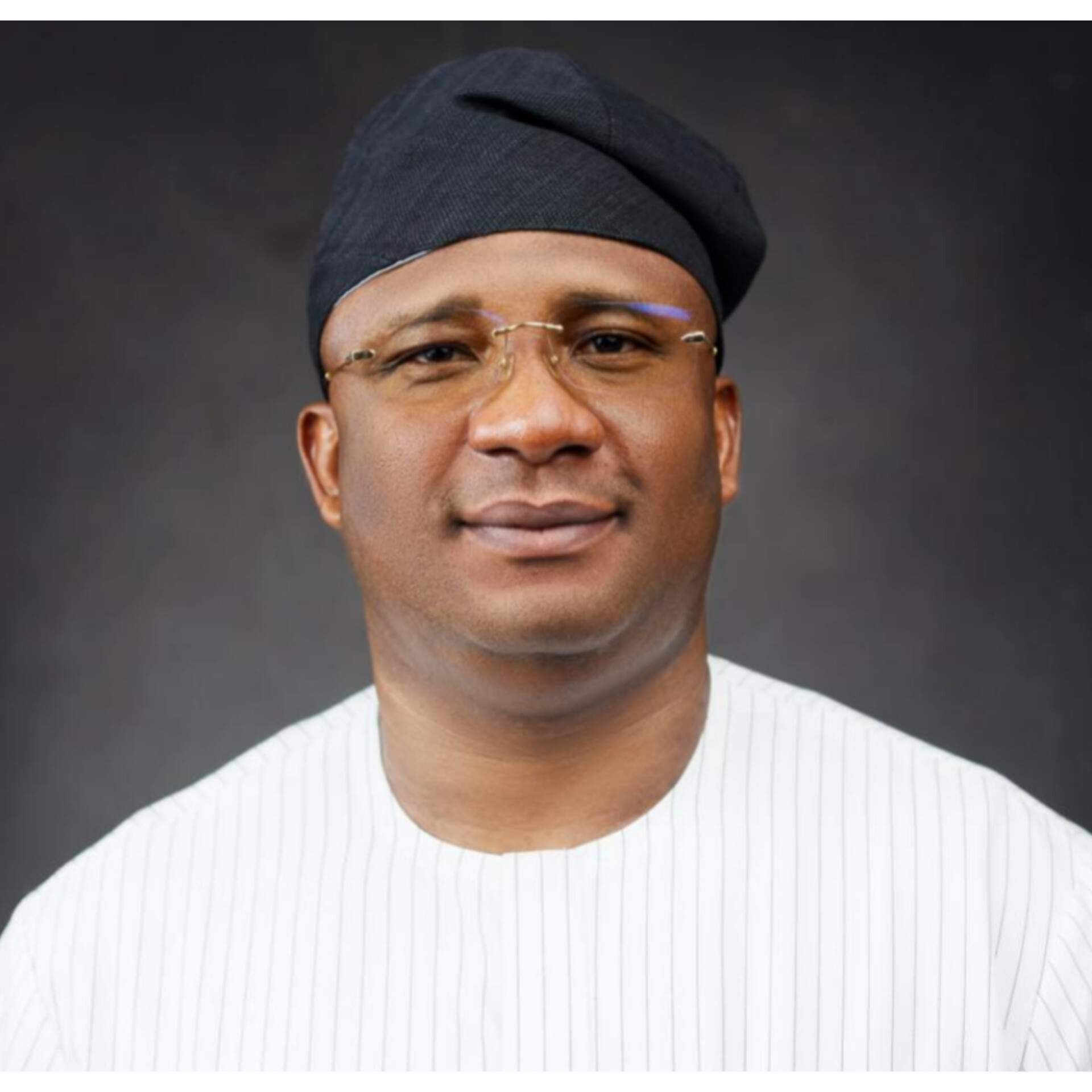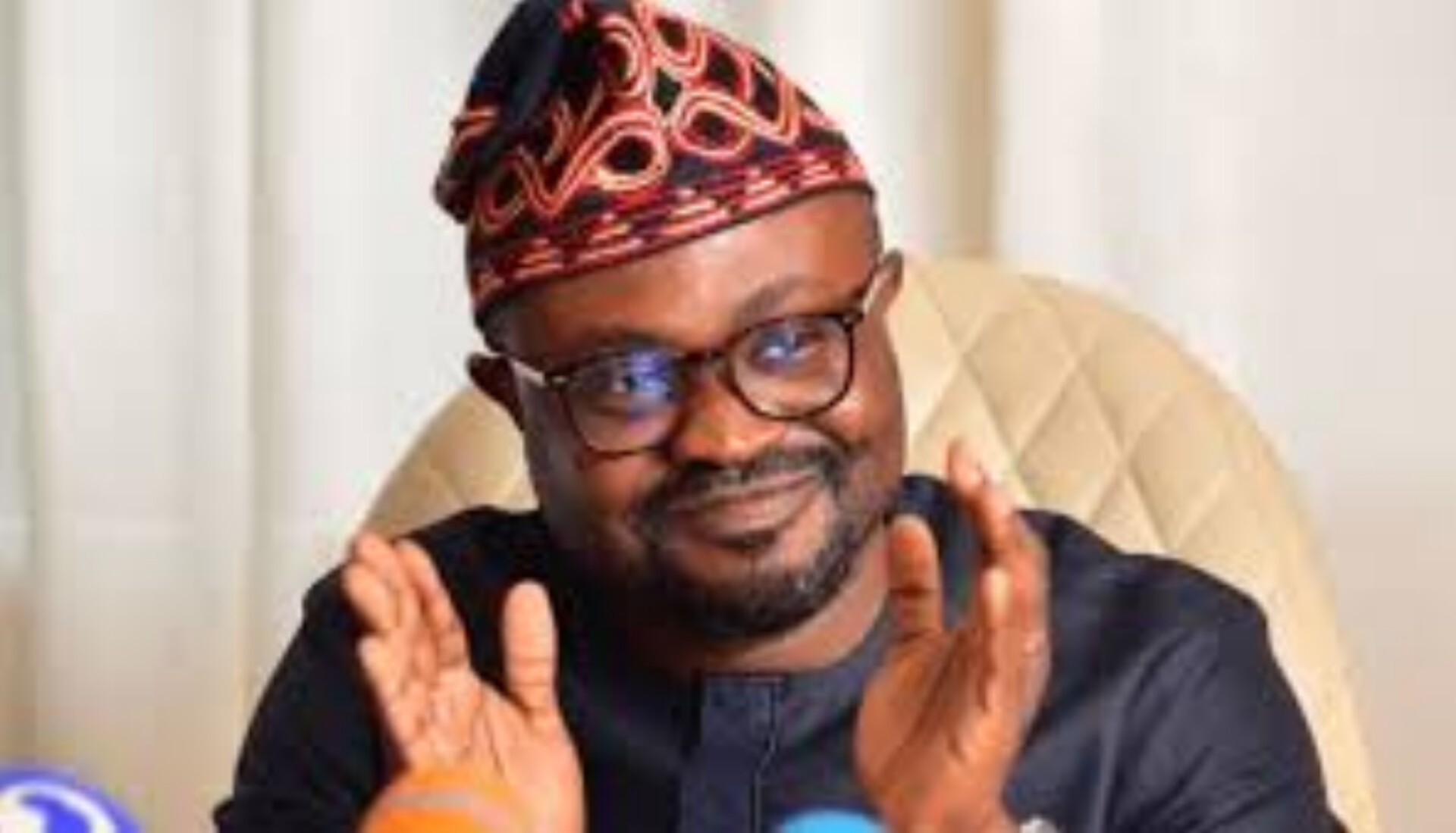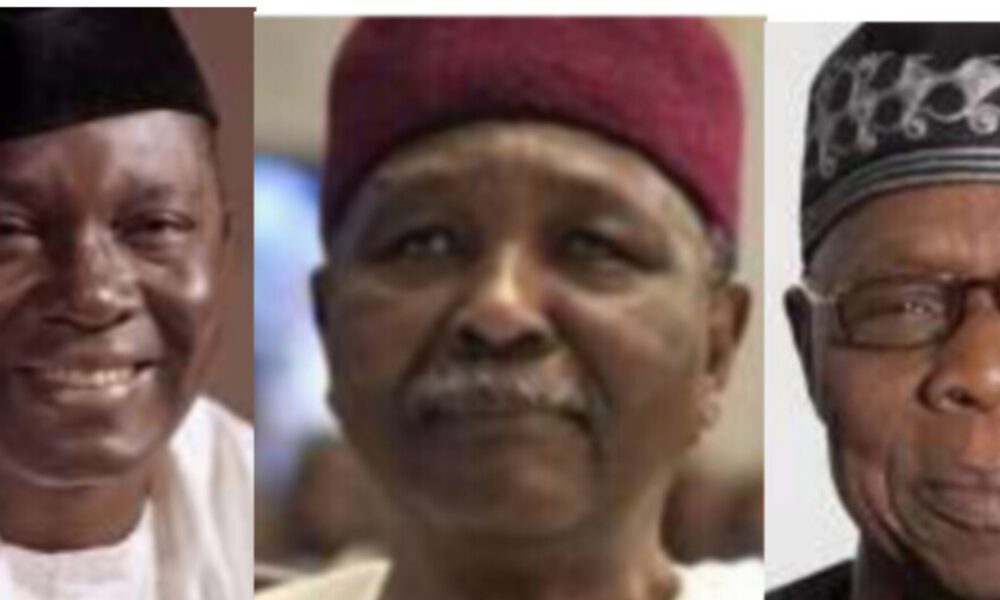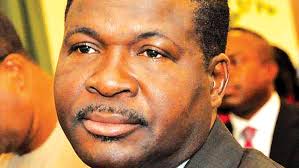By Gabriel Enemona
The much anticipated Kogi state governorship election is just around the corner barely a month to the impending electoral turf, with about ten political parties fielding candidates for the top Job. This time around the race promises to be very interesting not only because of the resplendent array of contenders involved but also because of the salient issues that have dominated the center stage for the past eight years.
For the past eight years, Kogi state has been in the shadows as it has struggled in its development strides among the states of the nation. While the state has enjoyed modest gains and achievements under previous administrations of both late Abubakar Audu and Ibrahim Idris, under the subsequent administration of Yahaya Adoza Bello, its progress has been quite chequered and farcical, with the masses experiencing one of the most excruciating periods of their lives, with the spiralling standard and quality of living diluted in thick and massive pro – government propaganda financed from the public treasury. Governor Bello and his cult of personality, from which the current APC gubernatorial candidate has emerged have governed with utter disregard for public opinion, using propaganda and ethnic bigotry as tools of governance.
In such an atmosphere, Education, health care, human resource development and social welfare have been relegated to the background, as honesty gives way to deception and competence to corruption and complacency. Where nepotism, flattery, gangsterism and insecurity have become the order of the day.
While the Bello administration is quick to point out its achievements in infrastructure and the so – called legacy projects, many wonder to what end, when the lives of the average man has become brutish, nasty and short as they languish from mismanagement underlined by the percentage payment of salaries to employees of state and local governments in a state widely considered as a civil servant state, as the administration and its cronies continue in opulence and lavishness. This percentage payment phenomenon was an albatross on the government during its re-election campaign in 2019 at the end of its previous four years, and through its now usual deception, it managed to persuade the people for another four years promising a change in the method of things, only to continue so after fraudulently obtaining a second term. In dilemma and despair, the people of Kogi state have bled, cried, prayed and are now determined to have a new and different regime, a regime that brings hope, preaches peace and sincerity, unity and brotherly love, and now the time has dawn as the constitutional season of popular change is inevitably just around the corner.
While the ruling All Progressives Congress has fielded Alhaji Usman Ododo, a former auditor general of Local governments and a protege of the incumbent governor, after a contentious primary, which left the party more fractured, with the former deputy national publicity secretary of the APC, Murtala Ajaka, defecting with his supporters to pursue his ambition on the platform of the Social Democratic Party (SDP) and Nigeria’s main opposition party, the People’s Democratic Party (PDP) fielding controversial former law maker, Dino Melaye. Other prominent contenders for the privilege to occupy the coveted Lugard house include current house of Representatives member, Leke Abejide of the African Democratic Congress (ADC) and Admiral Jibril Usman of the Action Alliance (AA). While the above mentioned candidates are chips of the old blocs, who share in one way or the other in the misfortune of this great state, with their excellent rhetorics and debased manners. This contenders can easily be categorized and characterized, lacking in transformative zeal and ingenuity required to grow private enterprises or engender rapid economic growth and development as they have been incubated in Nigeria’s public sector milieu with all the attendant malaise and affliction.
One man whose name has not ranged prominently as some of the above who have held high state or government offices is Idoko Kingsley Ilona, the candidate of the All Progressive Grand Alliance (APGA). Chief Ilona is without doubt the special odd one in the ranks of the contenders, having not occupied any senior state or public office hitherto, and even when he was appointed to the board of the Agricultural Credit Guarantee Scheme Fund, it was done solely on merit and the irresistible fact that his innovative energy is needed at such a level. Ilona’s ascendancy to public reckoning was entirely made in the private sector, where he carved his niche as a forward, transformational thinking innovator and change maker who established the first LED billboard outdoor company, which was a paradigm shift in outdoor advertising. Under him, his Lona Media built notable billboards, including the biggest billboard in Africa along the Abuja International Airport Road and the largest billboard globally on the Third Mainland Bridge in Lagos. Lona media has expanded its operations overtime across Nigeria employing hundreds of Nigerians becoming a billion naira company.
Since emerging the candidate of APGA his public profile has taken a meteoric dive, with massive acclaim and endorsement by the public and leading traditional and religious leaders. Many political observers are beginning to liken him to the dark horse capable of masterminding an abrupt and decisive upheaval in the electoral calcus.
In line with his strength and intellectual dexterity, Ilona has promised to revitalize the Kogi economy through concrete steps and measures anchored on an increased push for greater revenue generation. This seemingly unassuming candidate has also promised free health care services for those below 18 and those above 60 years, while introducing the health insurance scheme in a revamped primary health care system, in addition to the establishment of major world class health facility in the three senatorial zones.
To further boast and revitalize the decaying human resource potential of the state, he similarly pledged free and compulsory primary and secondary school education for the citizenry, in addition to other innovative and unprecedented policy ideas.
Speaking to the press recently, he said, “In the past two three years I have put in a team of financial analyst and consultants together , I paid hundreds of millions to help us develop a blueprint for Kogi state and we can generate between N20-N25 billion within 6 months to one year.
“We have identified about 55 different companies to be established in Kogi state if God gives us power. We can do these things. When our President Bola Ahmed Tinubu became Lagos state governor, the yearly internally generated revenue of Lagos state was N13 billion.
“But under one year he took it to N69 billion.now we all know what Lagos state is doing every month. That is what we are saying, Kaduna too is doing the same thing. I watched an interview with el-Rufai before he became governor where he said they were generating N800 million , now they are doing N13 billion monthly.
“This is a state that is a war torn state. Since el-Rufai became governor of Kaduna state the only industry that he attracted to Kaduna is Olams and Olams unfortunately because of the war , the banditry and kidnapping the factory have not been able to produce. How did el-Rufai did it, payee. They just automated the payee and started getting the right IGR.

In a subsequent interview explaining his economic conception for the state, Ilonah said: “I believe that I have the best ideas to turn around Kogi State for good. Is it not absurd that you have Lokoja with water where seaports and everything can be created but we have to import things all over into Nigeria and they come through Lagos? We then transport them from Lagos to Lokoja and then you start talking about the northern parts.
“So Lokoja should serve as the seaport for the northern part of Nigeria. So what we want to do basically is to harness the enormous potentials of Kogi State. Kogi State alone can feed Nigeria. Look at the Ajaokuta steel, I know it’s owned by the federal government but Kogi has the potentials to feed Nigeria.
“We have the capacity to build the largest rice mill in Africa and even the world in Kogi State because we have the land, we have the soil and our soil is one of the best in the country. So I have the best ideas to turn around the infrastructure of the state.
“I have just one point agenda which covers about six-point agenda. The point is that if you don’t have funds, if you don’t generate Internally Generated Revenue how do you do the roads, infrastructure? So we intend to build roads, all the 21 local government areas in the state should be connected to themselves and also to the capital which is Lokoja.
As the clock ticks to the D – day, as campaigns intensifies and burning issues take the front page, the candidates true colors and grasp of issues will begin to be revealed, and as the current leading candidates have shown themselves nothing more than parochial champions using tactics of divisionism and ethnic bigotry to win popular sympathy, mostly of rural folks of their predominant senatorial district, it is expected that the more urban areas and populations would swing in favour of the likes of Idoko Kingsley Ilonah, thus setting the stage for an upset. If that eventually happens Kogi state will without doubt be lurched into a new era of governance based on a new model of doing things.




